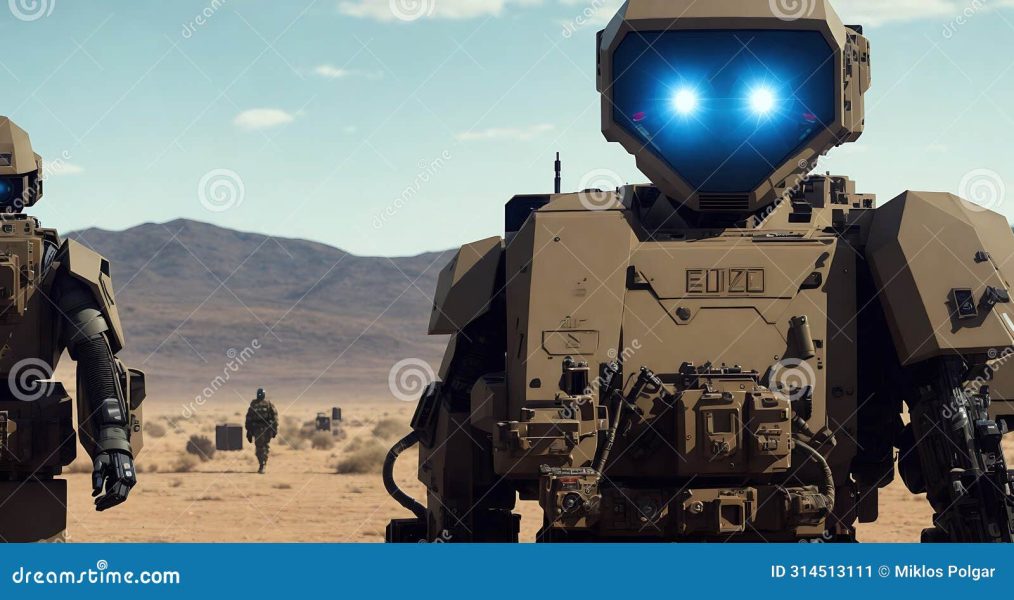
AI Robots: A Global Security Threat
Experts warn that AI-powered weapons are emerging as a significant global security hazard, particularly in the hands of the Chinese Communist Party (CCP). The CCP aims to surpass the United States militarily and is unlikely to heed safeguards for lethal AI technologies, which could exacerbate negative human tendencies.
The development of AI-powered autonomous weapons is advancing rapidly, including drones, tanks, and humanoid robots. Alexander De Ridder, an AI developer, notes that while these machines can’t yet replace humans, their capabilities are quickly improving. Once reliable, China is expected to mass-produce these robots for various uses, including military applications.
Nations are developing AI systems to assist and coordinate battlefield decisions, essentially acting as electronic generals. The People’s Liberation Army and the U.S. military are actively researching this technology, which can process vast amounts of data quickly to make informed decisions.
AI weapons are already redefining warfare, making the world more volatile. Bradley Thayer from the Centre for Security Policy highlights that AI targeting systems could neutralize the U.S. nuclear triad, potentially allowing adversaries to escalate conflicts without nuclear weapons. This destabilization could lead to pre-emptive strikes, a concept known as “damage limitation.”
Controlling AI weapon proliferation is challenging since AI is just software that can be easily distributed. The CCP could supply autonomous weapons to terrorist groups, indirectly fuelling conflicts. Historical ties, such as those between the CCP and Iranian weapons programs, illustrate this risk.
Experts agree that the proliferation and use of AI weapons could lead to a highly destabilized and dangerous global security environment.



